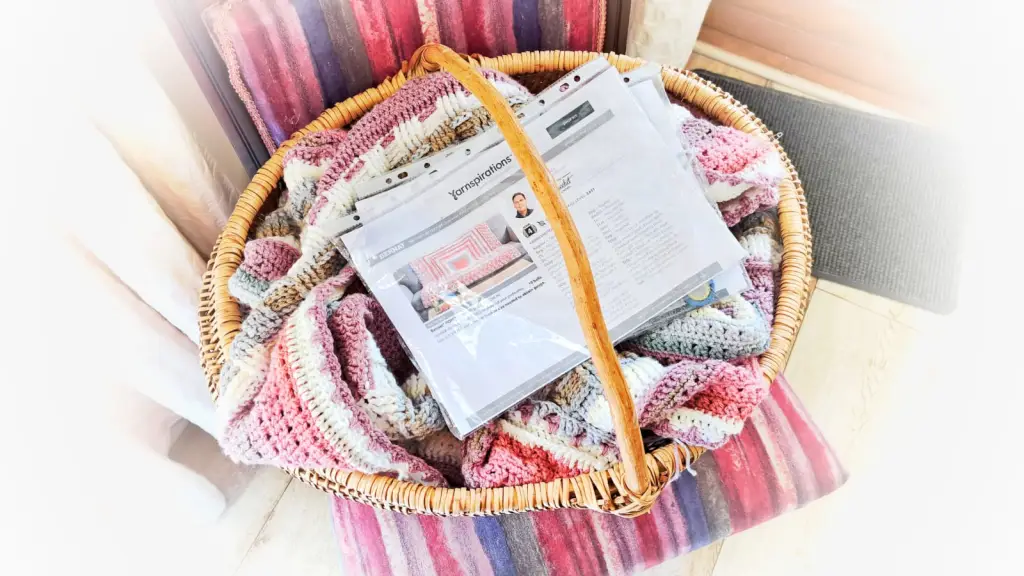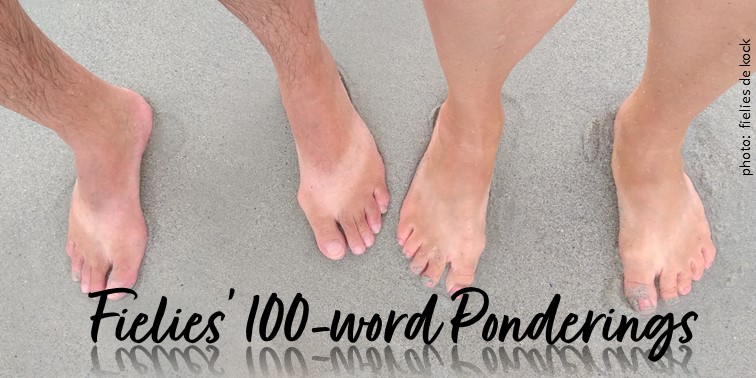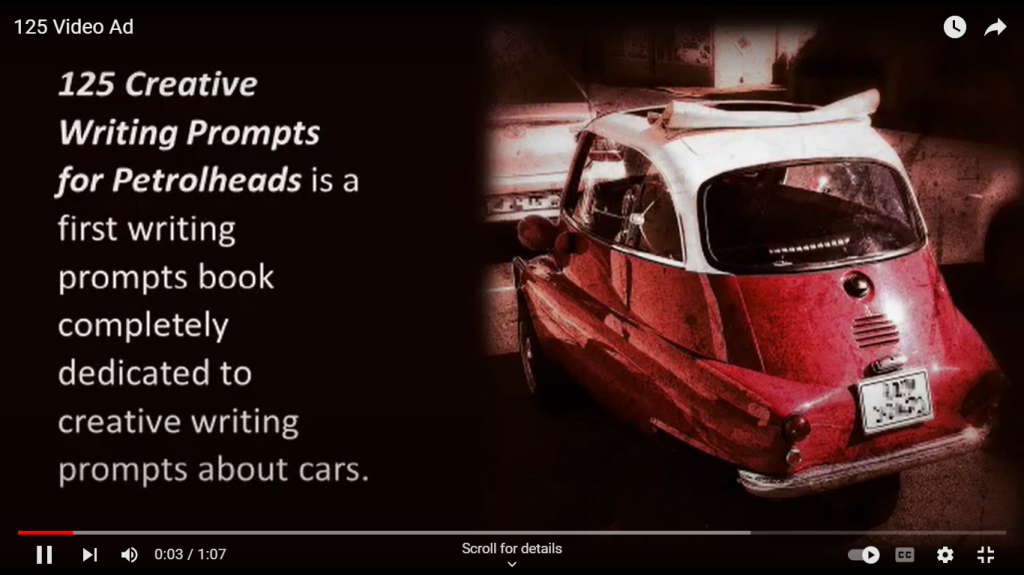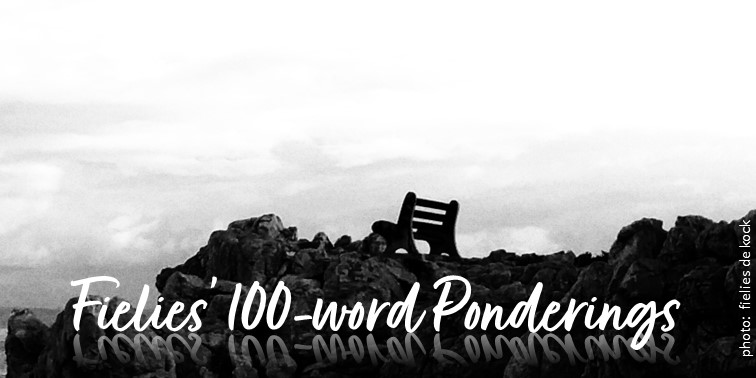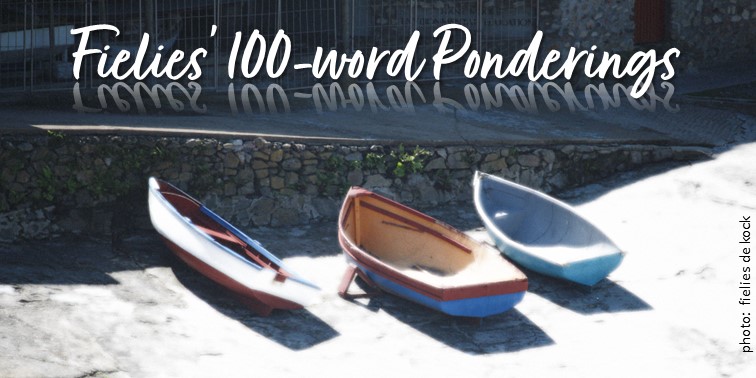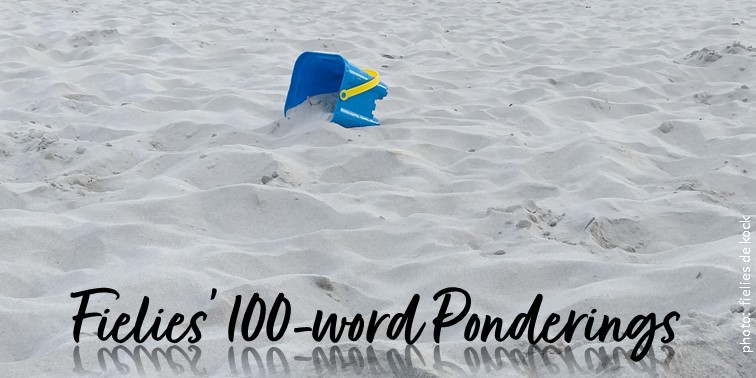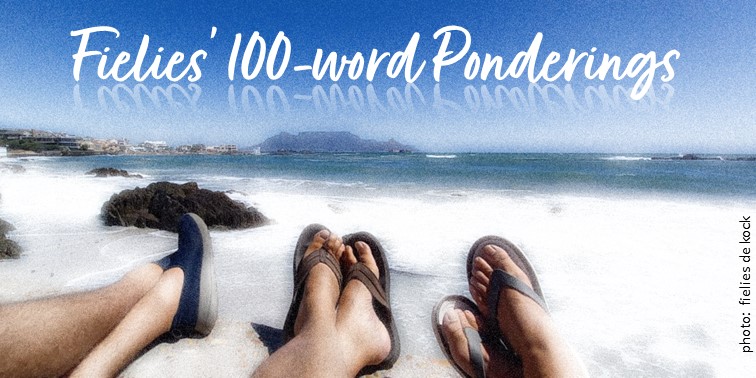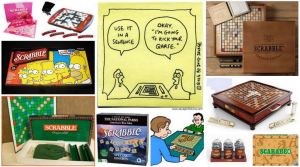
More Egypt Chronicles
Life is speeding so fast that it can overtake us very easily, leaving us clinging onto whatever we can to survive. And when we are in survival mode, we tend to focus on just that – survival. Sometimes we need to get off the runaway train, stay on the ground and just enjoy the moments of experiences added together that is called ‘life’. So many of us live for our “one day” – that day or days near or farther in the future when all our dreams will be realised into the utopian existences we spend all our free time imagining.
But sometimes we need real life to give us a slap through the face or shower us with the proverbial bucket of ice water to slow us down from our busyness or even to bring us to a halt in order for us to stop and be alive within the actual moment we find ourselves in.
It can happen through the shock of sudden death, the scare of illness, being faced with dangerous situations or just recuperating from something less serious – but as disruptive.
Shock or trauma or failure can sometimes be good for us. It can help us clean our systems, re-organise our priorities and re-evaluate the impossible goals we set for ourselves into obtainable ones and making us pause for a while. Very few things in life can be so good to us than coming to a complete standstill. And I really mean to stop doing what you’re doing and to live in the moment, with no looking forward to the tomorrow that may never be born.e always dreamt of living abroad for a period of time. Due to circumstances that dream got lost for a while, but after some time it found its way back into becoming a possibility and our lives were frozen in their tracks. Everything we did or didn’t do, planned or didn’t plan and decided had to be weighed first against the probability of going away for a few years. It changes one’s whole focus, lookout and pretty much everything you do.
The realisation of a dream can be a horribly, scary affair and takes courage to pursue. (Read my previous blog on this at https://fieliesdekock.com/2015/11/10/the-process-of-realising-a-dream-can-be-a-nightmare/)
We only heard six months later that we were going to live abroad. In Egypt. I cried for a day and then my previous positive-self reappeared and I made a pro’s and con’s list and, surprise-surprise, the pro’s list convinced me – not that it was the longest! (How is it that when your prayers are being answered and you get what you ask for that you get confused?) But the crying subsided and the excitement and frightfulness kicked in. We had a lot to do – easier stuff and more difficult stuff. All the easier stuff had to do with the ‘whats’ in our lives. The more difficult ones had to do with the ‘whos’. My mother lived with us for 17 years and she had to be relocated. And we had to find houses for our four dogs. It wasn’t easy.
Fast forward…
…to living in Cairo, Egypt, for two years.
It takes time to settle into a new environment. And it took me one year an nine months to get so used to the new place to fall into a little bit of a rut – in spite of (or maybe because of) busyness.
Precisely one year and nine months after arriving here, I fell into a not-so-slightly ‘down’. (Don’t worry – it was caused by stupid pains, and although they remained, the depression flew out of the window after a few doctor’s visits. ((And I realised that my ‘depressions’ are always health related.)) And it is a fact that everything seems worse if you are far away from ‘home.’)
Now that the background history is told, I will get to the point. Since that day, three years and three months ago when we first heard that we may be moving, I have learnt to live in the moment. Because of the uncertainty of our situation, we stopped buying unnecessary things, didn’t make decisions with long-term consequences and just started taking every day as it came.
Due to the fact that we came to live in a country where the security situation can be volatile, our circumstances can change at any time and our stay can end unplanned and abruptly. So, I decided to keep living here the way we lived back home for those uncertain fifteen months before we left – in the moment. And I already decided to keep doing that when we get back home one day. But, as I am writing this – even that isn’t a certainty, because that is a tomorrow that is still to come. I pray though that it will happen for us all.
But back again (!) to the reason for this writing. During all these experiences the last few years, I have learnt to enjoy the ‘little’ things in life. Don’t get me wrong. With our current, temporary lifestyle come lots of privileges, which we enjoy and appreciate enormously! I mean, without this experience, my dream to see at least something of Europe would probably always have stayed only in the dream phase. We have cruised the Nile and we are scheduled to go again soon. We have snorkelled in the Red Sea (and fell in love with it)! On a French mountain I have played in the snow for the first time in my life! I attended my first (second, third and shortly my fourth) ball! I have stood in a chamber of Tutankamun in The Valley of the Kings outside Luxor containing the petite mummy of king Tut. Etcetera. Etcetera. Etcetera. These are memories I will cherish for as long as my mind allow me.
But as it is in life – privileges don’t come free or cheap. And in between these very wonderful experiences are those that don’t reach Facebook status. And they take up way more time than those very wonderful ones. They are the ones that can make or break us. The in-between times when the heat, dust, cultural differences, strange religion, terrible traffic, the thin, sick, hungry street dogs, the stray cats, the tummy bugs, the illiteracy (mine!), the overwhelming crowdedness, the ‘ununderstandable’ customs, the poverty, the dirtiness, the interestingness, the bland food, the overripe tomatoes and all the things you miss from home, make you wonder how on earth did you make it so far and how on earth will you make the rest of the time?
I remember back home when we had some challenges, we would go for a walk in the afternoons and with my hand in my husband’s and with our son and our dogs tagging along, I felt like the richest person alive! And this, I personally believe, is where the secret of happiness lies: to find blessings and joy and thankfulness in even the littlest things in mundane life.
I have listed just a few of these things that make me happy. Some of them are not so little at all.
- Reading Bible and praying whenever I want to, because the Living God of the Bible is always everywhere.
- Mild weather.
- Walking to the shops.
- Walking to the shops on my own legs.
- Walking to the shops on my own legs in mild weather.
- Having good Egyptian people in our lives.
- Eating the last piece of biltong someone thoughtfully brought when visiting.
- Sitting (in the still mild weather) in our garden, listening to the birds chirping without the competition of the air conditioner sounds (because the weather is still mild and the aircons are still off).
- Aircons in summer!!!
- Drinking rooibos tea with my husband and son on a Saturday morning outside in the garden (when the weather is mild) or in the TV room or swimming pool (in summer, when the weather is not so mild).
- Sleeping through the night without fear of violent house-breaks.
- Waking up in the morning. (What a privilege!)
- Having an Afrikaans (my native language) speaking buurvrou (neighbour) in the building across ours!
- Having even more friends from home nearby and being able to lunch with some of them every week!
- Feeding at least two of the many hungry cats in this huge city.
- Watching ‘our’ two cats doing all their cat-things in our garden on top of the parking garage.
- Taking pictures. Lots and lots and lots of them.
- Being thankful for every ‘big’ or ‘little’ thing that works out.
- Being safe after there had been uncertainties.
- Aircons droning out the muezzin calls.
- Power coming back on after cuts. (These days they aren’t as frequent and as long as in during the first year. Something to be thankful for – especially in summer!)
- Experiencing everything with my husband and son!
- Kissing my husband good night.
- Kissing my son good night. (That’s probably not something he would like people to read on the Internet ((but he likes it – I can tell)).)
- Seeing my husband happy because he can watch South African rugby and cricket matches on the satellite TV channels.
- Paging through the teabags at my Japanese friend’s dinner to find a rooibos tea bag!
- Having lots of friends from around the world to hang out with, visit new places with and to learn from.
- Being able to buy the medicine I need and don’t get from home.
- Being healthy (I hope).
- Coming home to a haven of safety and tranquility.
- Having a good landlady.
- …the list can go on…
These are just a few things and when writing them down, I realise that they are not so little. They are pretty big and important. They are the glue that holds life together. To be in awe when seeing the Eiffel Tower for the first time or feeling small against the largest of the Giza pyramids is splendid, but one can survive life without it. Of course travelling enriches our lives and I am a big supporter thereof (even if it is just exploring outside of you immediate comfort zone) and I wouldn’t have wanted to miss out on these experiences! But it really is the ‘small’ things that we can’t live without, which makes the mundane extraordinary – which is the difference between letting life get away from you and living in the moment. It is the ‘small’ things in life which brings sustainable happiness.
© 2016 – I, Fielies (Riëtte) De Kock is trying hard to be an awesomest wife and greatest lover, finest mom and to write something all at the same time. I share my current living space in Cairo, Egypt with my husband, young-adult son, the building’s two cats and the space in my head with way too many ideas and multitudes of story characters to function as a normal human being.
